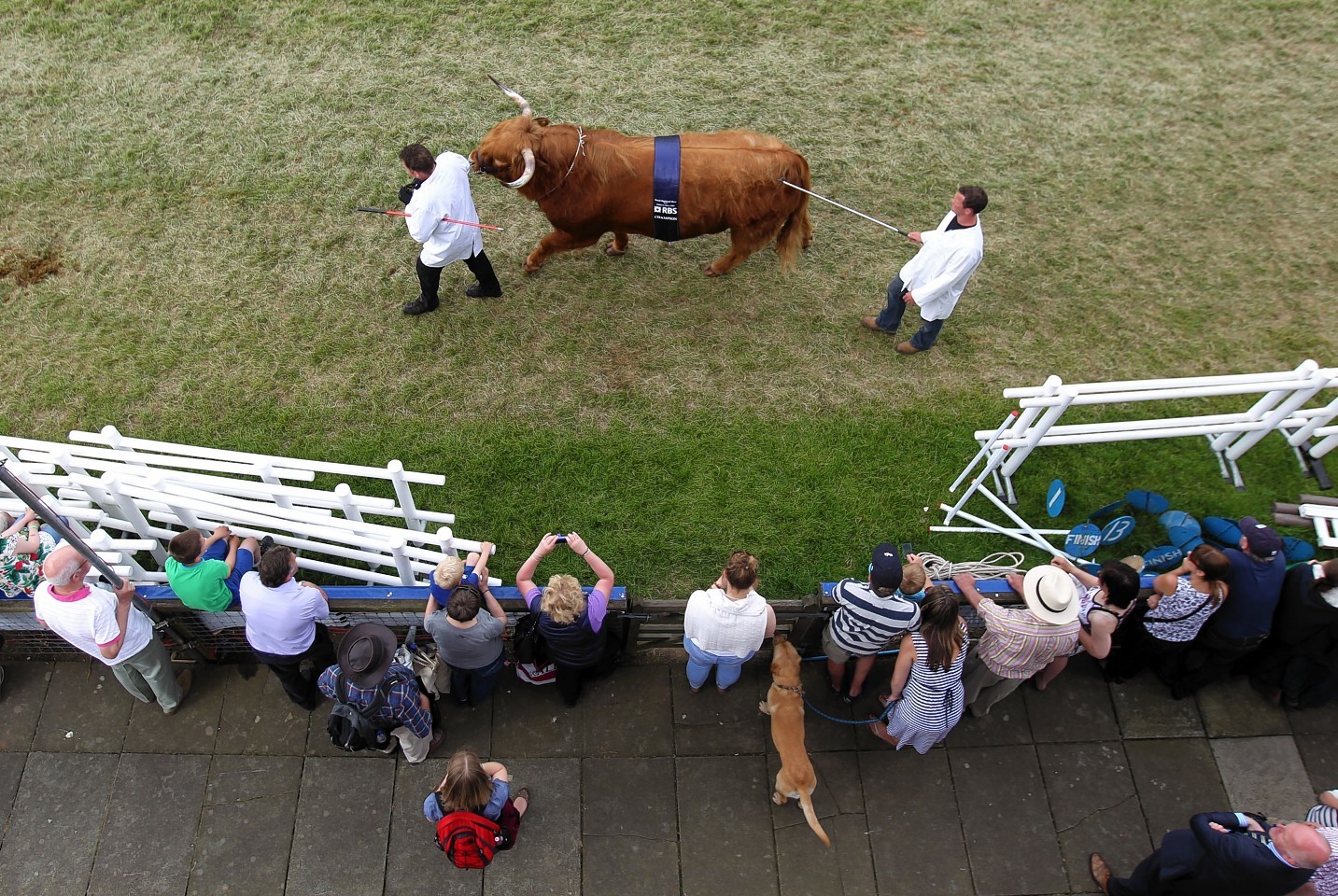It was always Farm Minister Richards Lochhead’s intention to issue an interim report from his Agricultural Holdings Legislation Review Group (AHLRG) at the Royal Highland Show and it appeared on cue.
No one could say it was anything but a solid piece of work running as it does to 80 pages of analysis of work to date and the obstacles to be overcome. It does not, however, attempt to come up with solutions to the problems with the current legislation. That will be the work stream for coming months
The representative bodies seemed happy enough with this “one step at a time” approach but the Scottish Tenant Farming Association (STFA) called for a moratorium on farm rent reviews until any resulting legislation was passed. STFA chairman Christopher Nicholson said if this was not acceptable then perhaps capping rent increases to match an agricultural inflation index would be an answer.
Former chairman Angus McCall said: “I am impressed by the time and energy put into this report. It has come out on a very important week coinciding with the Land Court decision on the Roxburgh Mains rent. It shows the court approach is not working and there are another six rental decisions in the queue. Any legislative change will not come until 2016 or 2017.”
The timetable could be even longer if John Elliot, the tenant at Roxburgh Mains, appeals the decision which saw his rent increase from £43.34 per acre to £77.19 per acre.
Scottish Land and Estates chairman David Johnstone said he could not commit individual members to capping rent increases but added that no landowner wanted to go to the Land Court if it could possibly be avoided.
“The flip side of tying increases to agricultural inflation is that it might end up with a higher rent than would be agreed by negotiation. We are looking for openness and transparency and I urge all parties to try and come to sensible agreements.”
As far as the AHLRG report was concerned he welcomed it and said the group now had to identify the friction points that were generating the heat in a sector which included many tenancies which worked in a satisfactory manner.
Group member Professor Jeff Maxwell pointed to a number of successful tenancies which the group had visited across the country. Fellow member Andrew Thin, however, admitted that some interviews had been “pretty emotional”.
“But it is important to realise that the report is not based on anecdote but on some comprehensive commissioned research which has allowed us to see the whole picture.”
The possibility of granting Absolute Right To Buy (ARTB) to tenants has always been seen as the flashpoint in any review of agricultural holdings legislation but there are few pointers in this interim report as to whether it will play a part in future legislation. It says: “For any form of right to buy it will be important to establish a strong public interest rationale and ensure a fair balance is struck between the rights of landowners and tenants.”
The report adds that any new proposal on ARTB was compatible with EU law and the European Convention on Human Rights (ECHR). For more detail it will be a case of waiting for the final report which Mr Lochhead expects to deliver by the end of the year.
